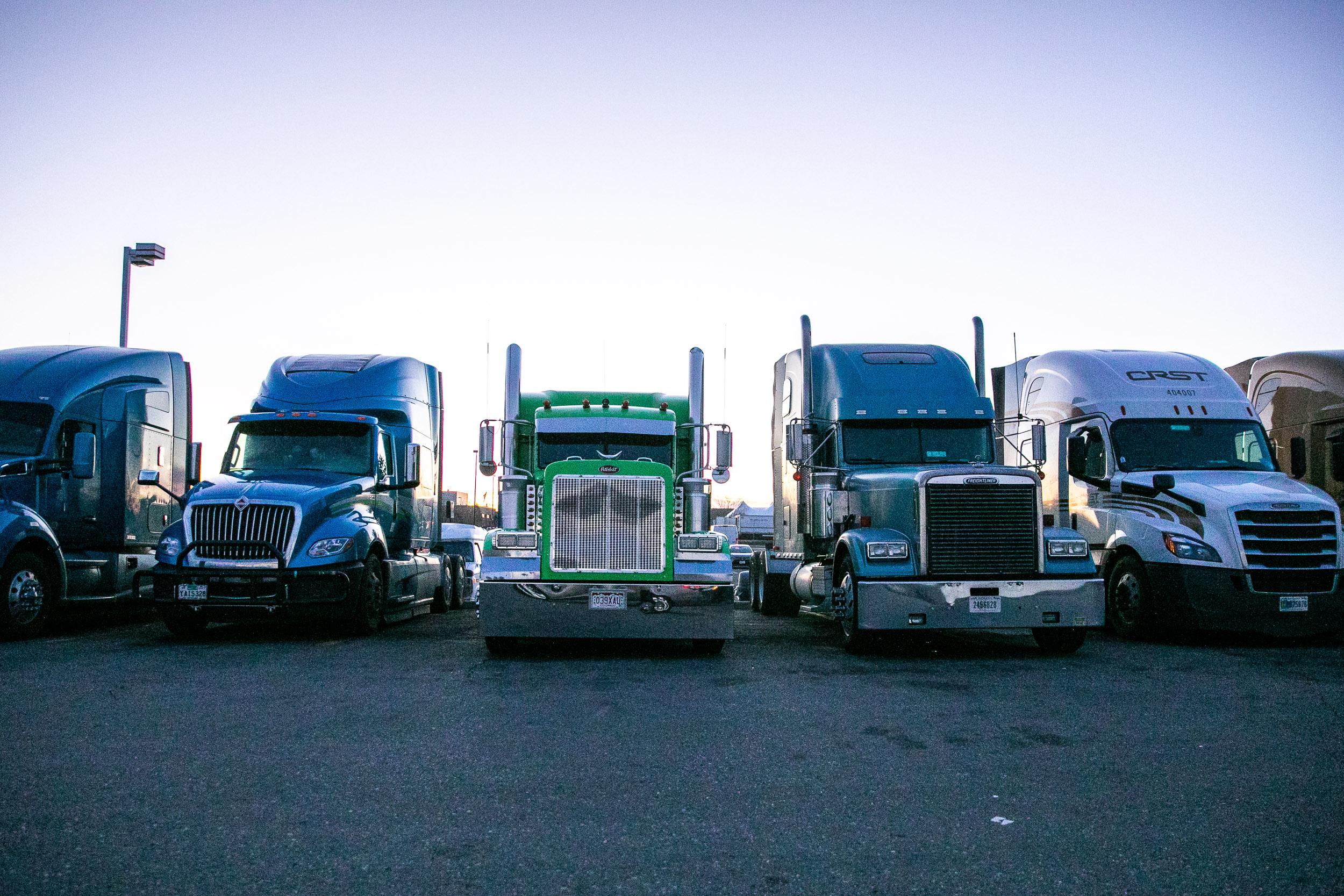
Colorado has joined a group of states announcing plans to get more electric trucks, buses and big rigs on the road.
Gov. Jared Polis signed an agreement, along with the District of Columbia and 14 states, to have 100 percent of all new medium and heavy-duty vehicle sales sold within their borders be zero-emission by 2050. The interim goal is to have 30 percent of sales be electric by 2030.
Multiple state agencies, including the Colorado Department of Transportation and the Colorado Energy Office, will start a public process to develop a set of strategies to reduce emissions from heavy-duty vehicles.
"With the transition of the electric power sector, transportation is now our largest source of greenhouse gases," said Colorado Department of Public Health director John Putnam in a statement. "It’s also a matter of environmental justice; transportation drives disproportionate pollution burdens in communities like North Denver and Commerce City."
The agreement between the states isn't legally binding.
Environmental groups have pushed for Colorado's Air Quality Control Commission to adopt California's Advanced Clean Truck Rule, which it can do under the federal Clean Air Act. The commission adopted California's Zero-Emission Vehicle program under the same authority in 2019.
"Transitioning to zero-emission medium and heavy-duty vehicles is long overdue," said a statement from Patricio Portillo, a transportation analyst with the Natural Resources Defense Council, a not-for-profit advocate. "Under this historic agreement, states will work together to accelerate the zero-emission truck and bus market to create a cleaner and healthier future for their communities. We hope other states will soon follow their lead."
Greg Fulton, president of the Colorado Motor Carriers Association, said it's a laudable goal to get to zero-emission trucks. But instead of mandates, Fulton would like the focus to be on incentives and voluntary measures to cut emissions right now.
"I think what we need to look at is trying to help some of those smaller businesses and companies with getting rid of some of these old, high-emitting vehicles and helping them get into something like a newer, lower-emitting truck," Fulton said.
He's concerned the only companies that can afford electric trucks are ones that already operate newer fleets. Fulton said his group will work with the state to find "the right mix of cost-effective and proven strategies and actions, including all fuel and power sources, to achieve our common goal of improved air quality."
Tim Jackson, president of the Colorado Automobile Dealers Association, said the state's goal to have 30 percent of truck sales be zero-emission by 2030 is lofty.
"There really aren't any in production at this point," Jackson said. "At least on the emission-free cars there are some that are out there and available. On the truck side, it's still just a dream. It's not yet a reality."
Among Jackson's concerns is that trucking companies will buy their vehicles in other states if Colorado pushes to sell more expensive electric options. Jackson plans to push back on the state's possible adoption of the rule.









